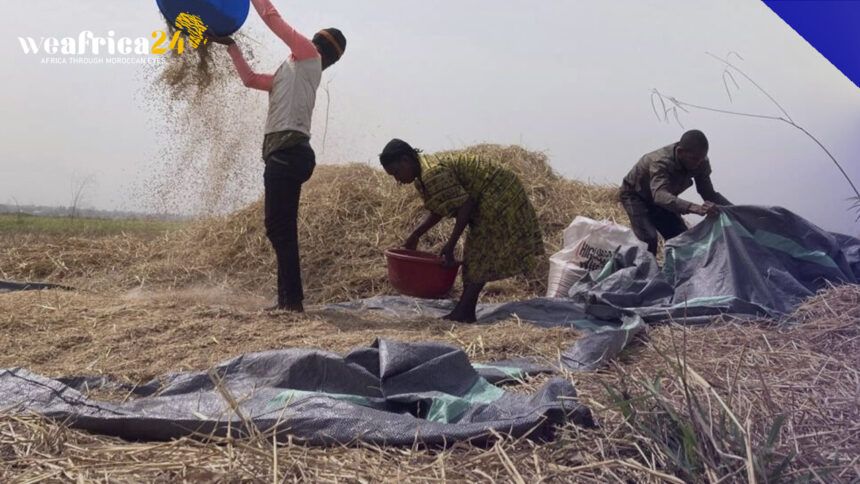On Wednesday 31st May, the presidents of Togo, Niger, and Guinea-Bissau, along with around twenty ministers, adopted the “Lomé Declaration on Fertilizers and Soil Health” in the presence of representatives of ECOWAS and the World Bank. The seventeen countries in West Africa and the Sahel discussed the text for two days in Lomé.
The leaders have sought solutions to make fertilizers more accessible and affordable, while the region – very dependent on imports – is sorely lacking in the context of the food crisis. They are therefore committed to tripling fertilizer consumption by 2035, to double agricultural productivity.
In West Africa and the Sahel, fertilizer is now “a strategic product without borders”, and “free to circulate without hindrance”. States undertake to “progressively eliminate customs duties and taxes on fertilizers”. A measure that also concerns “other fertilizing raw materials”.
The 17 signatory States of the Lomé Declaration call for concluding public-private partnerships before the end of 2025 to invest more in port, storage, and transport infrastructure and to boost the trade in fertilizers between States in the region.
“Our Vision Must Be Sub-Regional Above All”
President Faure Gnassingbé hosted the meeting and called for the integration of a community vision to find the best solutions. He emphasized the need to find the right balance, a good strategy, and to be organized and coordinated. He advised that the vision should be sub-regional above all, as illustrated by the roadmap presented at the meeting.
A roadmap from which Alain Sy Traoré, director of agriculture and rural development at ECOWAS, retains the following points: “The first thing is mobilization, political commitment. States are ready to commit to managing the issue. Second, to strengthen the institutional and operational capacities of actors in the region. Third, support and develop local production of fertilizers, but also factories”.
Smallholder Farmers
The text indeed gives a large place to small farmers. Several of them will benefit from subsidies or budgetary support to obtain mineral and organic fertilizers as a matter of urgency. Leaders in West Africa and the Sahel pledge to consider soil health as a “critical pillar of food security”.
Farmers also believe that once implemented, all these commitments will contribute to job creation. But in the meantime, the urgency is to meet the pressing needs for the rainy and agricultural campaign which is beginning, recalls our correspondent in Lomé, Peter Sassou Dogbé.







